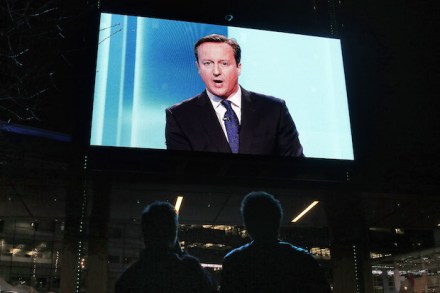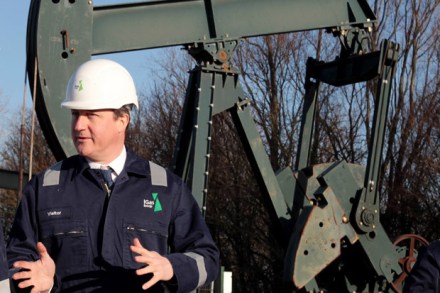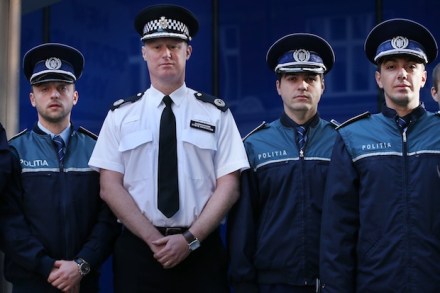The UK economy is now growing faster than the Eurozone. Isn’t this good news?
Maybe I should really give it a few more hours, but I can’t help noticing the lack of headlines this morning along the lines “UK economy growing faster than Eurozone”. Goodness knows we had enough headlines drawing attention to the opposite, when that was the case. There was the Guardian’s “Eurozone Grows Twice as Fast as UK after GDP Rises by 0.6 percent” from 1 August last year, the Independent’s “UK economic growth dwarfed again by Eurozone in third quarter” from 31 October last year, and the BBC’s “Eurozone Growing Faster than UK” from 2 May this year. But now that the economic boot is suddenly on the other foot



















